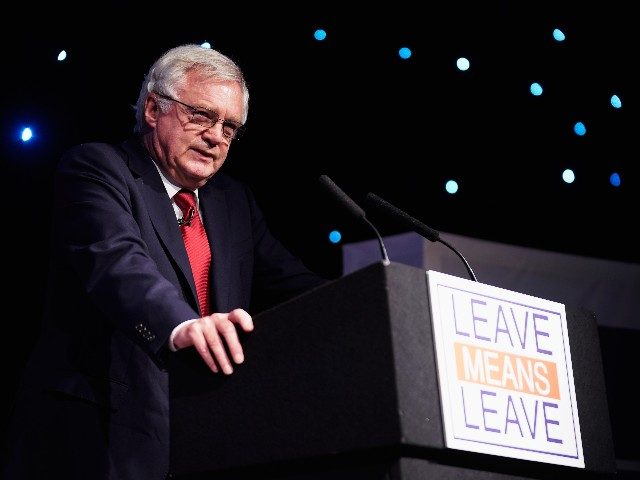A growing number of Conservative Brexiteers are calling for the government to allow more time to scrutinise the EU trade deal before it becomes law, to avoid Brussels catching out London in “some treaty-driven checkmate position” — as it had done to Switzerland — in the future.
The deal agreed by Prime Minister Boris Johnson and the EU’s chief, Ursula von der Leyen, on Christmas Eve will come into effect at the end of the transition period, from January 1st, 2021.
However, it still needs to be ratified by both parties’ legislatures, the British Parliament, and the European Parliament. EU ambassadors voted unanimously to back the deal on Monday, according to the BBC. Under EU rules, the agreement can come into effect provisionally from the New Year, but will not become official until voted on by the European Parliament in January or February. The EU parliament’s vote must be unanimous before being adopted by the European Council.
The British lower chamber, the House of Commons, will vote on the deal’s bill on Wednesday, starting a process of subsequent readings in the Commons and House of Lords, and a consideration of amendments before receiving Royal Assent and becoming law.
While both the Tories and Labour are expected to support the trade agreement, passing it through the House of Commons, members of the Brexiteer Conservative European Research Group (the ERG) want more time in the New Year for parliament to scrutinise the 1,246-page document, reports The Times.
The ERG’s legal team — referred to as their the star chamber, led by veteran Eurosceptic Sir Bill Cash — is expected to deliver its findings by Tuesday, with sources speaking to the newspaper of record say that so far, they have no objections. However, Andrew Bridgen and other members of the group have said that there should be “a provisional approval vote followed by full parliamentary scrutiny and a subsequent confirmatory vote” in 2021.
Writing in ConservativeHome on Monday, former Brexit Secretary David Davis warned that parliament failing to carefully scrutinise the deal before finally signing on the dotted line could leave the UK vulnerable to the EU’s “guillotine clauses”, such as Switzerland had experienced.
Switzerland is not a member of the European Union, but has a deal with the bloc that includes some 20 trade treaties. After the Swiss recently voted to stop the free movement of EU citizens to their country, Brussels threatened to use, as Mr Davis phrased it, “unnoticed guillotine clauses to stop every single treaty. Unsurprisingly, Switzerland gave in to these ruthless hardball tactics.”
One area of concern for the former minister is the enforcement of “level playing field” rules — measures to stop the UK becoming a competitor to the EU on the world’s stage by restricting deregulation — state subsidies for industry, and labour laws.
“We do not want [to] find ourselves in an equally difficult bind over some unforeseeable problem at some point in the future,” Mr Davis wrote, adding otherwise that the UK “may end up in some treaty-driven checkmate position” and in breach of a trade deal that had been rushed through parliament.

COMMENTS
Please let us know if you're having issues with commenting.